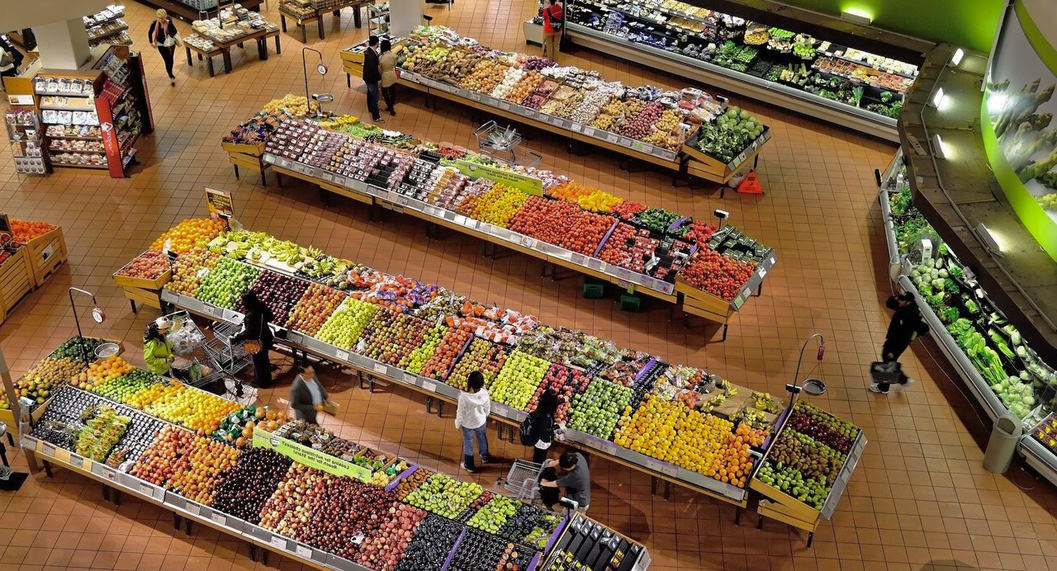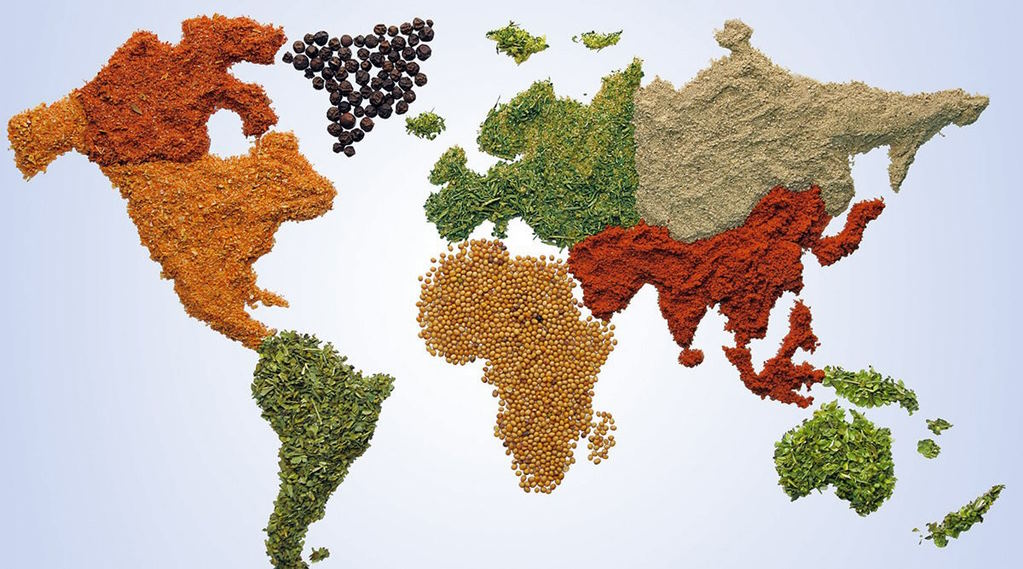Global food trade plays a vital role in meeting the ever-increasing demands for food around the world. It allows countries to access a wide range of agricultural products regardless of seasonal or geographic limitations. While the benefits of international food trade are evident, it is essential to recognize and understand the hidden costs associated with this complex system. By examining the hidden costs of global food trade, we can gain a deeper understanding of the complexities involved and explore potential strategies to mitigate these challenges.
Exporting Challenges:
Transportation costs and logistics:
One of the major challenges in global food trade is the significant costs and complexities associated with transportation and logistics. Shipping perishable food products across long distances requires efficient and reliable transportation networks. The expenses related to transportation, including shipping fees, fuel costs, and storage facilities, can significantly impact the overall profitability of exporting food products. Moreover, ensuring timely delivery while maintaining product quality and freshness adds another layer of complexity to the logistical process.
Quality control and food safety regulations:
Exporting food products involves complying with various quality control and food safety regulations imposed by different countries. Each destination may have specific standards and requirements for food imports, including labeling, packaging, and testing procedures. Meeting these regulations can be a time-consuming and expensive process, as it often requires additional testing, certifications, and inspections to ensure that the exported products meet the necessary safety and quality standards.
Trade barriers and tariffs:
Trade barriers, such as tariffs and quotas, pose significant challenges for exporting food products. These barriers can make it difficult for exporters to access certain markets or increase the overall cost of exported goods. Tariffs, in particular, can inflate the prices of food products, making them less competitive in the global market. Negotiating favorable trade agreements and reducing trade barriers are crucial in promoting fair and efficient global food trade.
Environmental impact of long-distance transportation:
The environmental impact of long-distance transportation is an often overlooked challenge in global food trade. Shipping food products across continents or even across oceans requires substantial amounts of energy, primarily derived from fossil fuels. This contributes to greenhouse gas emissions and air pollution, exacerbating the issue of climate change. Additionally, the carbon footprint associated with transportation further emphasizes the need for sustainable practices and alternatives, such as promoting local production and reducing food miles.

Importing Challenges:
Dependence on foreign food sources:
One of the primary challenges of importing food products is the inherent dependence on foreign sources. Reliance on imports for meeting domestic food demands can leave countries vulnerable to fluctuations in global supply and prices. External factors such as natural disasters, political instability, or trade disputes can disrupt the availability and affordability of imported food products. This dependence highlights the importance of diversifying food sources and supporting local agriculture to enhance food security.
Quality control and food safety concerns:
Importing food products requires stringent quality control and food safety measures to protect consumers. Importing countries must ensure that the imported goods meet their specific regulatory standards, including labeling, packaging, and safety certifications. However, monitoring and enforcing these standards can be challenging, especially when dealing with a large volume of imported products. Ensuring the safety and quality of imported food is crucial to protect public health and maintain consumer confidence.
Economic implications of importing food:
Importing food products can have significant economic implications for a country. It often involves substantial expenditures on purchasing and importing goods, which can strain national budgets and trade balances. Importing countries may face increased costs due to transportation, customs duties, and currency exchange rates. Additionally, reliance on imports can impact the domestic agricultural sector, potentially leading to reduced domestic production and increased dependency on external markets.
Vulnerability to supply chain disruptions:
Importing food products exposes countries to vulnerabilities in global supply chains. Any disruptions, such as natural disasters, conflicts, or logistical challenges, can disrupt the timely delivery of imported goods. This vulnerability was particularly evident during the COVID-19 pandemic when border closures and transportation restrictions led to supply chain disruptions, impacting the availability and prices of imported food. Enhancing supply chain resilience and exploring local alternatives are essential to mitigate such vulnerabilities.

Hidden Costs of Global Food Trade:
Loss of local food sovereignty and agricultural practices:
Global food trade can result in the loss of local food sovereignty and traditional agricultural practices. As countries rely more on imported food, local farmers may struggle to compete with cheaper imported products. This can lead to a decline in the diversity of crops grown and traditional farming techniques, ultimately impacting the cultural heritage and identity of communities. Preserving local food sovereignty and supporting sustainable agriculture is essential for maintaining local food systems and protecting cultural practices.
Social and cultural impacts on local communities:
The global food trade can have significant social and cultural impacts on local communities. When large-scale industrial farming and export-oriented agriculture dominate, small-scale farmers and local food producers often face marginalization. This can result in the loss of livelihoods, displacement of communities, and a decline in rural economies. Moreover, the introduction of foreign food products can erode traditional diets and culinary traditions, affecting cultural diversity and local food preferences.
Inequality and exploitation in food production and trade:
Global food trade can exacerbate existing inequalities in food production and trade. Power imbalances between large multinational corporations and small-scale farmers can lead to exploitative practices such as low wages, poor working conditions, and unfair trade agreements. Small-scale farmers in developing countries may face challenges accessing global markets and receiving fair prices for their produce. Addressing these inequalities and promoting fair trade practices are crucial for creating a more equitable and sustainable global food system.
Environmental consequences of intensive agriculture and deforestation:
The intensive agriculture practices associated with global food trade can have severe environmental consequences. Large-scale farming often relies on the excessive use of chemical inputs, leading to soil degradation, water pollution, and loss of biodiversity. Furthermore, the expansion of agricultural land, driven by the demand for export crops, can contribute to deforestation and habitat destruction, exacerbating climate change. Promoting sustainable farming methods and reducing the ecological footprint of global food trade are imperative for mitigating these environmental impacts.

